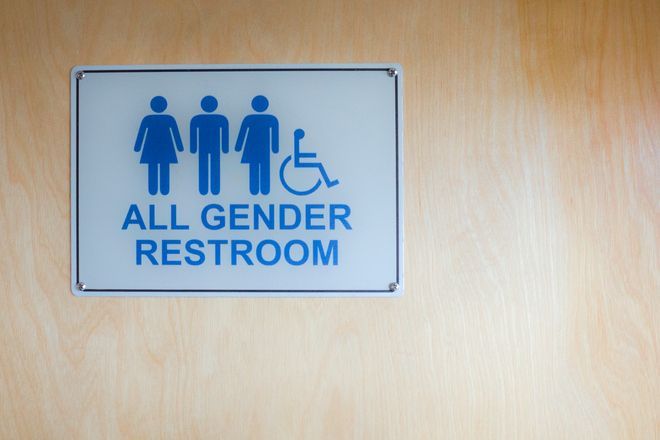From the July/August 2018 Net Assets magazine
The following is an excerpt of the article "The More You Know," which covers nine additional topics (see box below).
This information is provided for general educational purposes only. It should not be relied upon as, or in place of, legal advice. The authors and reader do not have an attorney/client relationship. Readers are encouraged to work with their legal counsel when addressing specific issues.
By Susan Guerette, Fisher Phillips
Although transgender adults are only 0.6 percent of the U.S. population, it is a matter of time before your school has a transgender student or faculty member. Don’t wait until the situation comes up before addressing these considerations. The schools we work with are staying ahead of the curve legally and ensuring that their communities promote values consistent with their missions.
Since there is no federal guidance on transgender issues, this can be challenging. We advise that schools first look to their state and local laws to see if they have any legal obligations. States have been stepping in to provide guidance, and even local municipalities are promulgating laws that could cover independent schools.
Once your school determines the scope of any legal obligations, work with your top administrators to decide what policy would best fit the school’s mission. Our schools have generally been sensitive to these issues and tend to be at the forefront of innovative policies. In fact, one school has students decide on their own pronouns, provides sensitivity training to everyone and educates administrators on how to look for signs of potential bullying.
As with most new policies, the devil is in the details when it comes to transgender students and staff, and we recommend that schools have a team designed to construct and implement the policy. This will involve considering how to address issues including:
- uniforms
- restrooms
- locker rooms
- field trips
- name usage
- pronoun usage
- descriptions on official and unofficial school documents, school activities and athletics
Another important consideration is the reaction of the broader school community, as any potential dispute or controversy will likely result from either failure to accommodate or complaints that too much was accommodated. Craft a policy that can be explained alongside your mission, and you’ll find it easier to convey that it will strengthen your school’s core values.





